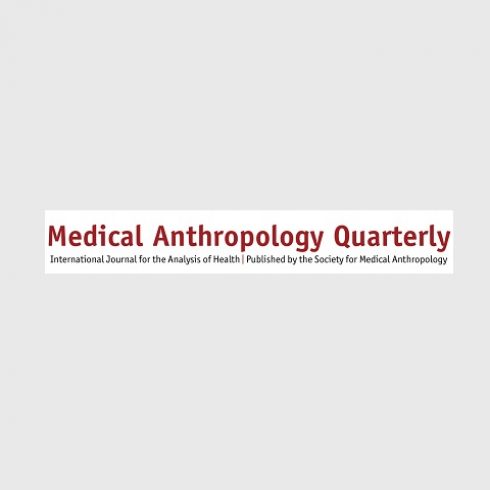Negotiating Relevance
Belief, Knowledge, and Practice in International Health Projects
P. Stanley Yoder
Medical Anthropology Quarterly 1997

What is the relationship between knowledge and practice in research on health, disease and illness? Yoder explains how the majority of public health intervention and communication projects we encounter today are based on social psychology models of behaviour change that assume that changes in beliefs and knowledge precede behavioural changes. This has been the dominant model in health research and intervention in the developing world, informing our approach to almost all critical issues in public health for over fifty years, including HIV/AIDS prevention, improving vaccination rates, breastfeeding, the use of oral rehydration salts, and bed nets to prevent malaria, and today antimicrobial resistance (AMR), among others. Yoder explains that this model of behaviour change is attractive because of the promises they make: “they claim the ability to predict behaviour change from cognitive elements, and scales have been developed to measure these cognitive elements, and they offer ways to intervene through health education” (134).
But does it work? What Yoder explains – based on extensive research and review – is that projects that take this behaviour change model often do not see relevant behaviour changes within the populations intervened upon because 1) This model overemphasizes the role of the individual in maintaining good health; 2) The model claims universality but is mainly based on behavioural models of middle-class Americans; and 3) While the role of social and ecological determinants of health are seen as barriers to ‘good behaviours’, these factors receive comparatively little consideration in behavioural explanation and modelling.
View Publication > Share
Share






Commentary
The latest commentary on the use of antimicrobials in society.
The Third Man: How are we entwined with...
A film event and panel discussion for World Antibiotics Awareness Week 2017
Sustainable aquaculture in Bangladesh
Rather than asking how antibiotics enable livelihoods in situations of increasing precarity, our research asks whether it is possible to...
Fresh Perspectives
Antimicrobials are central to many contemporary forms of care and production for humans, animals, plants and even objects – clothing,...